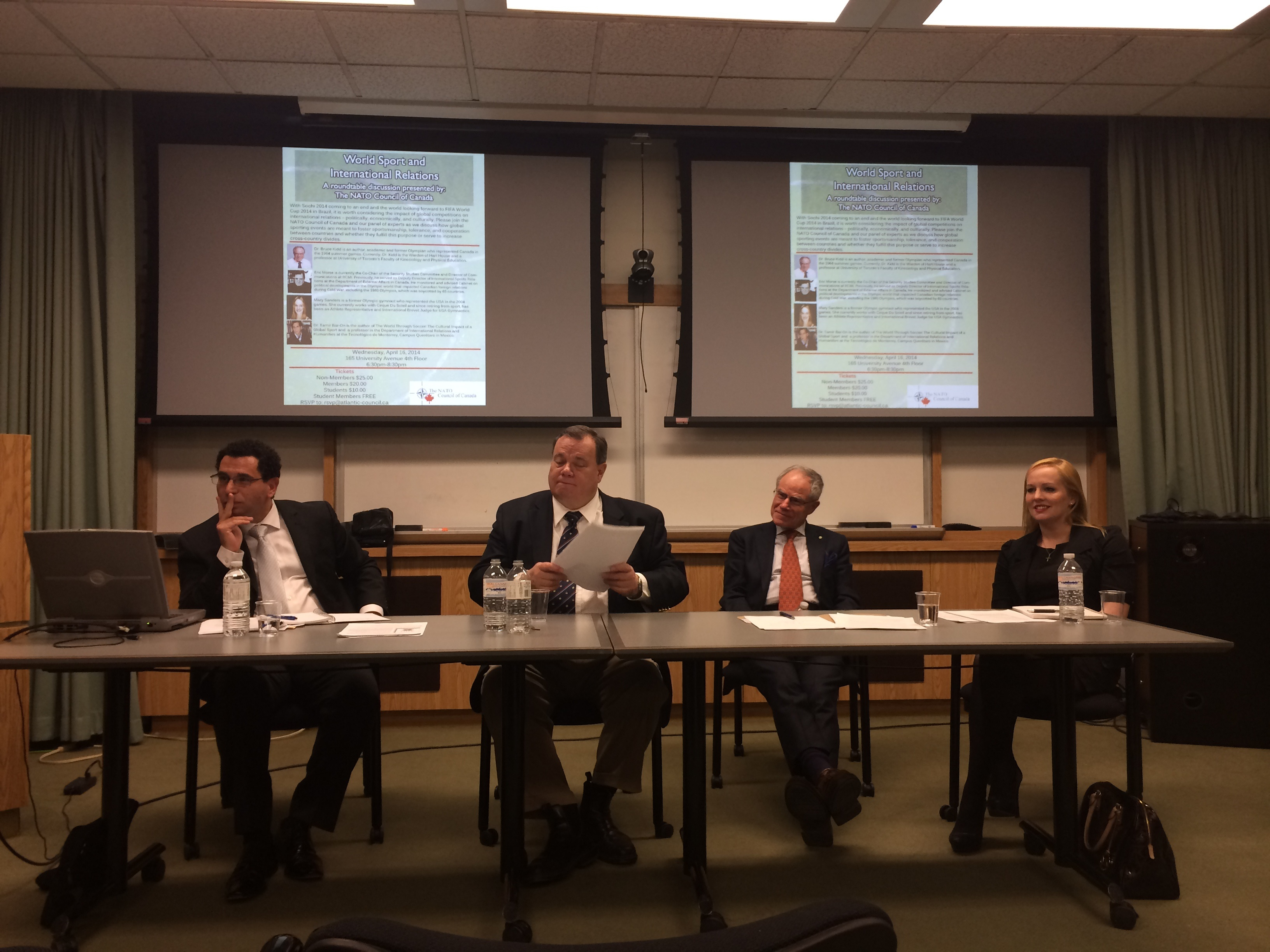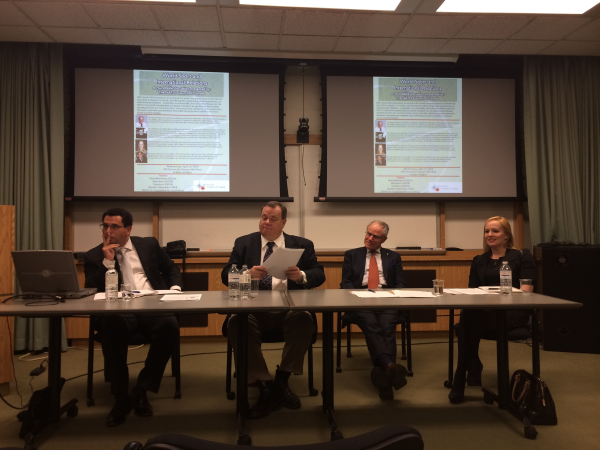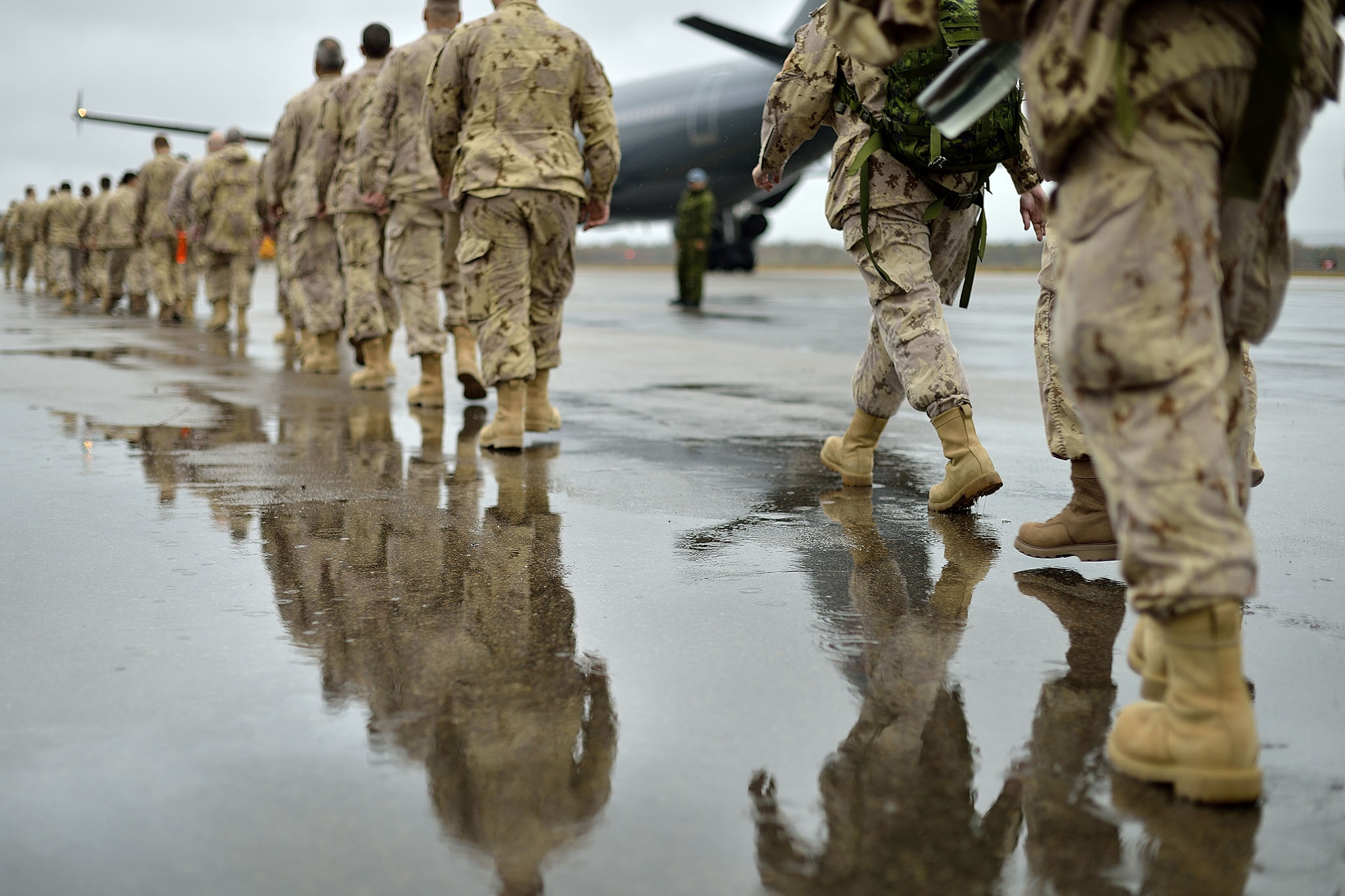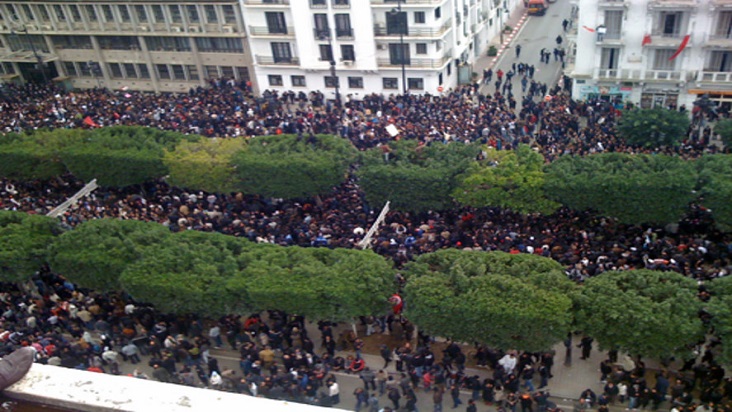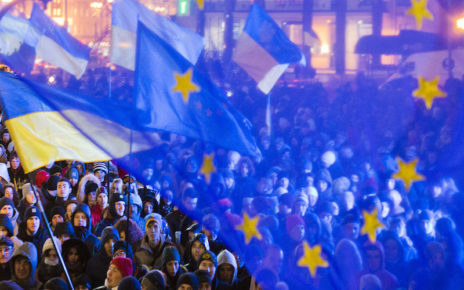On Wednesday April 16th, 2014, the NATO Council of Canada (NCC) hosted a Toronto Roundtable covering the issue of World Sport and International Relations. This event was the inaugural of the NCC’s newest program – Society, Culture, and International Relations. With the Winter Olympics in Sochi coming to a controversial close, and the world looking forward to the FIFA World Cup 2014 in Brazil, it was worth considering the impact of global competitions such as these on international relations – politically, economically, and culturally. The NCC posed this general question: the Olympic Games and the World Cup are meant to foster sportsmanship, tolerance, and cooperation between countries, but do they fulfill this purpose? Or do they increase cross-country divides?
More specifically, the speakers at the Roundtable focused on answering the following questions:
• “#SochiProblems” – did it intensify the cultural/political divide between the West and Russia?
• How did Brazil’s preparation for the FIFA World Cup impact its relations with its neighbors? How did FIFA 2014 spark controversy at home?
• How did Brazil’s preparation for the FIFA World Cup impact its international economic and trade relations?
• Will the West decide to boycott FIFA 2018 in Russia due to the crisis in Ukraine?
• What is the role of international sports competitions in generating nationalism, as opposed to tolerance and cooperation that transcend cultural divides?
• What is the role of the media when covering international sports events?
The members of the panel included Eric Morse of the Royal Canadian Military Institute (RCMI) acting as moderator, Dr. Bruce Kidd, academic and former Olympic runner, Dr. Tamir Bar-On, academic and author of The World Through Soccer: The Global Impact of a Global Sport, and Mary Sanders, former Olympic gymnast.
NCC President Julie Lindhout offered her opening remarks, and then yielded the floor to Mr. Morse, who began the Roundtable by speaking about his experience as Deputy Director of the International Sports Relations at the Department of External Affairs in Canada for 12 years. Following this, Dr. Kidd began his presentation. Dr. Kidd specifically tackled the question of international sports competitions in generating nationalism as opposed to tolerance and cooperation. He cited his athletic experiences, and his relatively recent attendance at the Vancouver Olympics, where displays of Canadian nationalism were at an all time high. He spoke of the Canadian “Own the Podium” slogan during the Vancouver games. Dr. Kidd then talked about the most recent Olympics in Russia and the various controversies that accompanied it.
The Olympic Games and the World Cup are meant to foster sportsmanship, tolerance, and cooperation between countries, but do they fulfill this purpose? Or do they increase cross-country divides?
The Roundtable then moved forward to Dr. Tamir Bar-On’s presentation, where he specifically looked at soccer, FIFA, and its global impact. Dr. Bar-On focused on the positive and negative impacts of the most popular sport in the world, how it can foster peace and war (El Salvador and Honduras Soccer War), how it can be used to fight racism, and how enthusiastic soccer club fans served as essential catalysts in political uprisings. Regarding racism and the potential boycott of certain black players of FIFA 2018 in Russia, Dr. Bar-On expressed that boycotting would be counter-productive to the cause, and all soccer players should utilize FIFA as an international platform to spread their message against racism and encourage tolerance.
Mary Sanders, who represented the US in Rhythmic Gymnastics during Athens 2004, had a unique perspective to offer. She also tackled the boycott issue, and spoke about what it meant to the athletes themselves. She expressed that with political boycotts, world leaders do not consider how their athletes, who have trained to participate in the Olympics their whole lives, feel when they are suddenly told that their country will not be participating. To Ms. Sanders, politicizing the games, through boycotts or otherwise, ruins the purpose of the international competition for the athletes, their families, and the countries that have invested greatly in the games.
The boycott question was the main point of debate during the panel discussion and the question and answer session. One audience member raised the question of a possible FIFA 2018 boycott due to Russian actions on Ukraine and Crimea, while another audience member raised the point of how Brazilian President Dilma Rousseff’s government’s survival may be dependent on how the Brazilian national team does during FIFA 2014 this summer. Overall, this roundtable was immensely successful for the Society, Culture, and International Relations program, as it allowed NCC members to engage with speakers who are experts in the field of World Sport, an issue that almost everyone can relate to.

